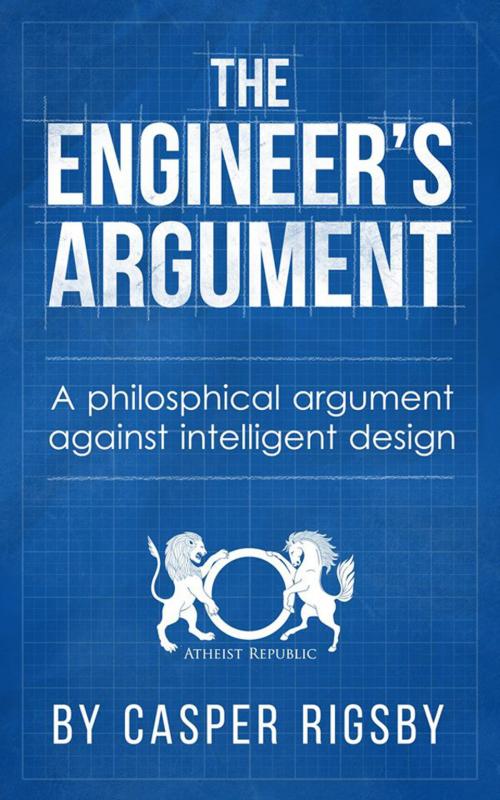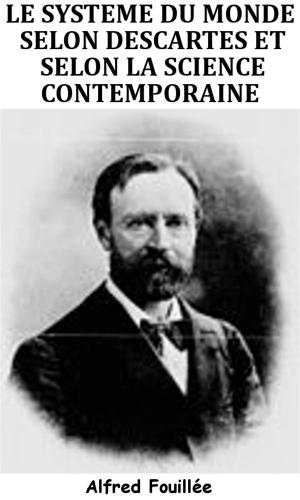The Engineer's Argument: A philosophical argument against intelligent design
Nonfiction, Religion & Spirituality, Philosophy, Methodology, Science & Nature, Science, Other Sciences, Philosophy & Social Aspects| Author: | Casper Rigsby | ISBN: | 9781310339981 |
| Publisher: | Armin Navabi | Publication: | April 18, 2015 |
| Imprint: | Smashwords Edition | Language: | English |
| Author: | Casper Rigsby |
| ISBN: | 9781310339981 |
| Publisher: | Armin Navabi |
| Publication: | April 18, 2015 |
| Imprint: | Smashwords Edition |
| Language: | English |
This book aims to give logically consistent reasoning for the dismissal of the idea of intelligent design through philosophical discourse based on given evidence of how our universe works. In these pages, I will address the logical fallacies I see in any intelligent design model that poses the notion of a creator god who created the universe with specific intent and purpose. It is my hope that I can offer many pieces of evidence that show such an idea of an intelligent designer is not only logically inconsistent but also absurd. To do this, I will focus on three main points of contention: intelligence, design, and purpose. By taking an in-depth look at those ideas, I hope to show that intelligent design theories only raise more questions than answers.
This book aims to give logically consistent reasoning for the dismissal of the idea of intelligent design through philosophical discourse based on given evidence of how our universe works. In these pages, I will address the logical fallacies I see in any intelligent design model that poses the notion of a creator god who created the universe with specific intent and purpose. It is my hope that I can offer many pieces of evidence that show such an idea of an intelligent designer is not only logically inconsistent but also absurd. To do this, I will focus on three main points of contention: intelligence, design, and purpose. By taking an in-depth look at those ideas, I hope to show that intelligent design theories only raise more questions than answers.















